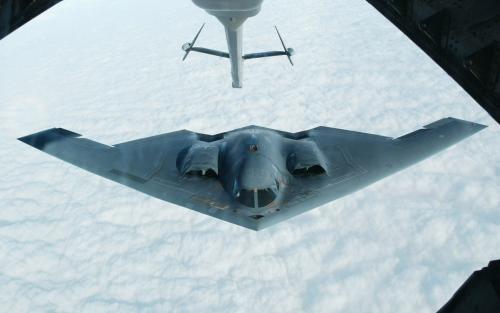By now it should be apparent to even the most hermetic observers that untangling the problems of Iraq will be a monumental task. As the January 2007 National Intelligence Estimate on Iraq highlighted, the country suffers from a variety of dangerous, complicated, and intertwined problems, including terrorism, pervasive organized and unorganized crime, as insurgency, a failed state, a security vacuum, and a civil war. 1 U.S. policy toward Iraq must come to grips with all of them if it is to have any chance of engendering an environment that leads to sustainable peace.
Recognizing that Iraq is a failed state is fundamental to understanding that it lacks the capacity to fix itself, no matter how much pressure the United States applies. Rebuilding the political, economic, and bureaucratic institutions of a failed state requires considerable resources and a long-term commitment, both of which are only possible in a secure environment. This is why fixing Iraq’s security vacuum is critical to creating the conditions under which economic, political, and social institutions can begin to reemerge.
Any U.S. strategy, including the Bush administration’s spring 2007 troop surge, will thus be most successful if it can influence the dynamics on the ground to create political latitude for action. The best case is that a strategic approach such as the surge will create a secure space in which to start to rebuild Iraq’s shattered political, economic, and social institutions and thus threaten Iraq’s warlords enough to force them to make compromises for a political settlement, just as radical Shi’a cleric Muqtada al-Sadr was forced to join Iraq’s political process in 2004 when he lost control of Iraq’s streets to a determined coalition offensive.
If it is going to have any chance to succeed, the surge or any other U.S. effort to stabilize Iraq cannot be left as simply a military strategy. To sustain any gains instability, it will also be vital to forge a complimentary political agreement to achieve a sustainable peace and set in motion processes to begin to rebuild Iraq’s capacities for self-governance and economic regulation. Without a truce that gets the warring parties to stop fighting, neither the United States nor the Iraqi state will be able to provide sustained security and a better life for the Iraqi people. Even the most wildly successful military strategy can do no more than create the space in which diplomatic, political, and economic efforts can build a viable new Iraq. The United States’ lack of such exertions is key to the failure of its previous efforts in Iraq and essential to what is almost certainly the last chance to do so.
The Brookings Institution is committed to quality, independence, and impact.
We are supported by a diverse array of funders. In line with our values and policies, each Brookings publication represents the sole views of its author(s).



Commentary
The Critical Battles: Political Reconciliation and Reconstruction in Iraq
June 1, 2007